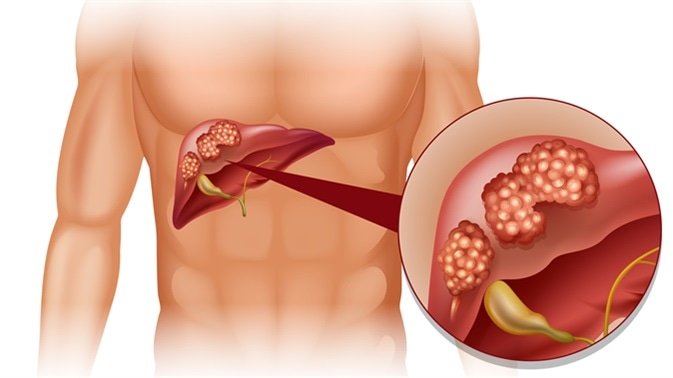Effective Weight Loss Tips and Strategies: Achieve Your Fitness Goals
Introduction:
In today’s fast-paced world, weight management has become a priority for many individuals seeking to improve their overall health and well-being. Losing weight not only enhances physical appearance but also reduces the risk of chronic diseases and boosts self-confidence. However, achieving sustainable weight loss requires a combination of healthy lifestyle choices, proper nutrition, and consistent exercise. In this article, we will explore some effective weight loss tips and strategies that can help you reach your fitness goals.
Set Realistic Goals :
Setting achievable weight loss goals is crucial to maintain motivation throughout your journey. Aim for a gradual and steady weight loss of 1-2 pounds per week. This allows your body to adapt and minimizes the chances of weight regain.
Create a Calorie Deficit :
Weight loss occurs when you consume fewer calories than your body needs. Calculate your daily calorie requirements based on your age, gender, activity level, and weight loss goals. Focus on creating a modest calorie deficit of 500-1000 calories per day through a combination of diet and exercise.
Adopt a Balanced Diet :
A balanced diet is essential for sustainable weight loss. Include a variety of whole foods such as fruits, vegetables, lean proteins, whole grains, and healthy fats in your meals. Avoid processed foods, sugary beverages, and excessive salt intake. Practice portion control to ensure you’re not overeating.
Stay Hydrated :
Water plays a vital role in weight loss. Drink an adequate amount of water throughout the day to stay hydrated and keep your metabolism functioning optimally. Water also helps reduce hunger and prevents overeating.
Mindful Eating :
Practice mindful eating to develop a healthier relationship with food. Pay attention to your body’s hunger and fullness cues. Eat slowly, savor each bite, and avoid distractions such as television or smartphones during meals. This helps prevent overeating and promotes better digestion.
Regular Physical Activity :
Incorporate regular physical activity into your daily routine to boost your weight loss efforts. Aim for at least 150 minutes of moderate-intensity aerobic exercise or 75 minutes of vigorous-intensity exercise each week. Include strength training exercises to build lean muscle mass, which increases your metabolism.
Get Sufficient Sleep :
Adequate sleep is often overlooked but is crucial for weight management. Lack of sleep disrupts hormone levels, leading to increased hunger and cravings. Aim for 7-9 hours of quality sleep each night to support healthy weight loss.
Manage Stress :
Chronic stress can contribute to weight gain and hinder weight loss progress. Find healthy ways to manage stress, such as practicing meditation, yoga, or engaging in hobbies that bring you joy. Adequate rest and relaxation are vital for maintaining a healthy weight.
Keep a Food Journal :
Maintain a food journal to track your eating habits and identify any patterns or triggers that may lead to overeating. This self-awareness can help you make healthier choices and stay accountable.
Seek Support :
Enlist the support of friends, family, or a weight loss community to stay motivated and accountable. Sharing your journey with others can provide encouragement, guidance, and a sense of camaraderie.
Avoid Crash Diets :
Steer clear of fad diets or extreme weight loss methods that promise rapid results. These approaches are often unsustainable and can harm your overall health. Instead, focus on long-term lifestyle changes that promote gradual and healthy weight loss.
Stay Consistent and Patient :
Remember that weight loss is a journey that requires consistency and patience. Celebrate small victories along the way and understand that setbacks are a natural part of the process. Stay focused on your long-term goals and make adjustments as needed.
![]()





